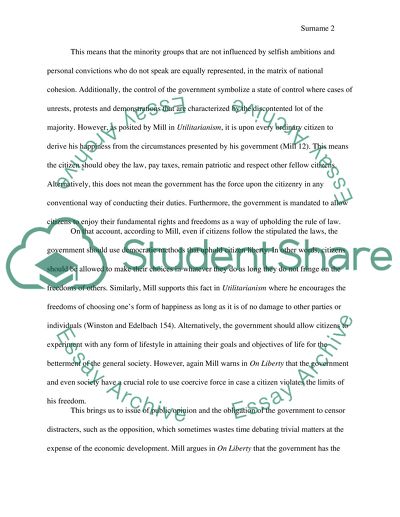Cite this document
(“John Stuart Mill Essay Example | Topics and Well Written Essays - 2500 words”, n.d.)
Retrieved from https://studentshare.org/history/1396776-john-stuart-mill
Retrieved from https://studentshare.org/history/1396776-john-stuart-mill
(John Stuart Mill Essay Example | Topics and Well Written Essays - 2500 Words)
https://studentshare.org/history/1396776-john-stuart-mill.
https://studentshare.org/history/1396776-john-stuart-mill.
“John Stuart Mill Essay Example | Topics and Well Written Essays - 2500 Words”, n.d. https://studentshare.org/history/1396776-john-stuart-mill.


